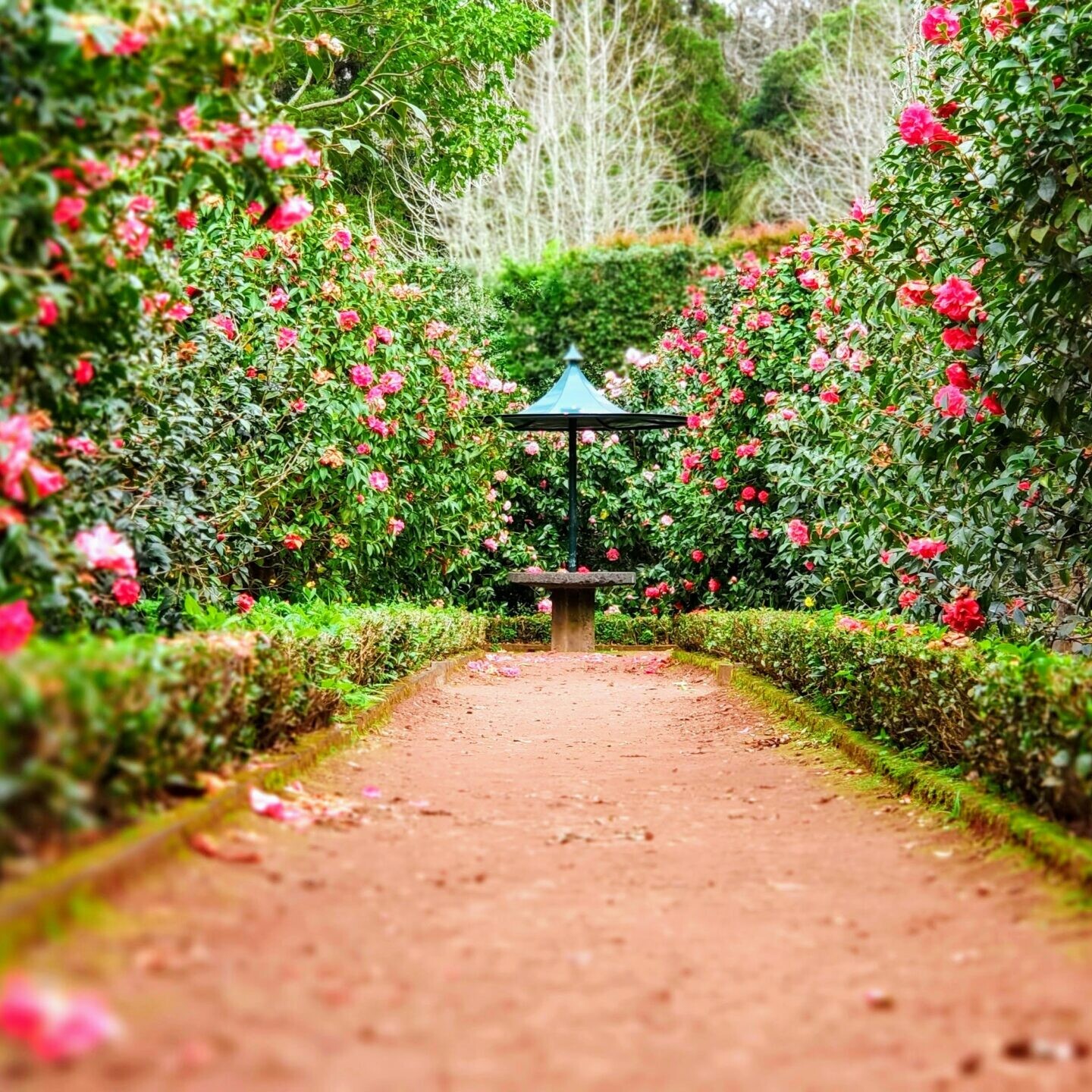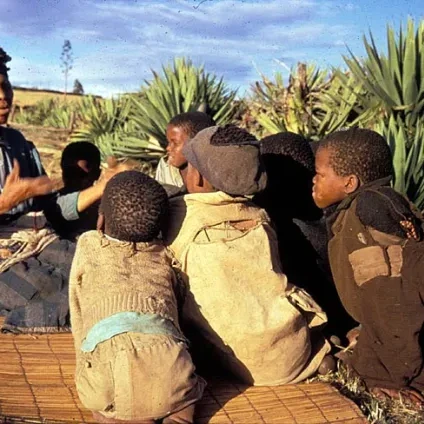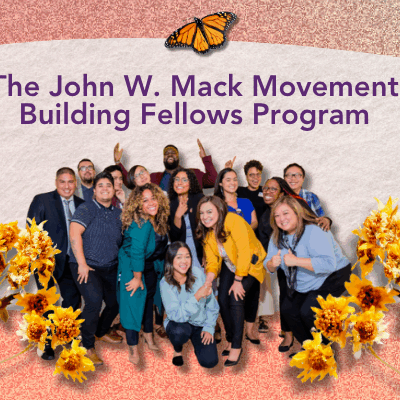Learning has become synonymous with formal education, which is often entangled in flawed systems that perpetuate injustice. This has resulted in a distorted perception of the true power of learning. As we understand it, learning is inherently a liberating practice that often thrives beyond the confines of educational systems.
Paulo Freire, in his book “Pedagogy of the Oppressed,” articulates this duality when he says that “Education either functions as an instrument which is used to facilitate integration of the younger generation into the logic of the present system and bring about conformity or it becomes the practice of freedom, the means by which men and women deal critically and creatively with reality and discover how to participate in the transformation of their world.”
Furthermore, Freire states, “Learning is a process where knowledge is presented to us, then shaped through understanding, discussion and reflection.” This highlights the reciprocal nature of liberatory learning, emphasizing that every individual, regardless of background, age, or identity, possesses wisdom and knowledge. In our troubled times marked by social fractures, our education systems are failing to serve us, our communities, and the planet despite the fact that everyone deserves the opportunity to engage in fulfilling and enriching learning experiences, both as individuals and within their communities.
Why does Liberatory Learning Matter?
Liberatory learning is a way for us to lead, reclaim and engage more deeply with our learning. Lets break down liberatory learning into the following key components:
Multicultural: Liberatory learning places inclusivity and empowerment at its core. By shifting away from monocultural perspectives and ways of knowing and being, it offers us a space to comprehend and navigate the world with intentionality and inclusiveness. Furthermore, it speaks to the significance of unlearning and relearning, emphasizing the importance of elevating knowledge from historically marginalized communities.
Emergence: Liberatory learning is inherently evolutionary and responsive to the social fractures and crises we are confronted with. It is not confined by rigid systems, colonial notions of success, or limiting beliefs. In a world grappling with an ever-increasing array of crises, we require a learning approach that is both emergent and adaptable, one that prioritizes inclusivity and addresses the unique needs of our communities.
Social and Emotional Wellbeing: Liberatory learning proactively seeks to address the traumas stemming from historical and ongoing social fractures. It does so by embodying learning and ways of being that prioritize the personal and collective wellbeing of all individuals.
Relationality: Liberatory learning thrives on community and knowledge sharing. It is not an isolated pursuit, rather, it flourishes through the collective wisdom of others, fostering a conscious expansion of learners’ knowledge. This process unfolds in a meaningful and non-hierarchical manner, driven by intentional relationality which is at the core of liberatory learning.
Autonomy: Liberatory learning empowers learners to cultivate a sense of autonomy, elevating their self-directed learning abilities and fostering meaningful learning experiences. Moreover, it grants learners the space to recognize their intrinsic value and wisdom, encouraging meaningful engagement with the knowledge they seek and promoting their confidence as valuable contributors to their own learning process.
Foundational Figures
In this space, I draw inspiration from numerous individuals and communities that champion and exemplify the principles of liberatory learning. I recognize that my comprehension of liberatory learning is deeply rooted in the wisdom of generations past, stemming from cultures and traditions that are deeply rooted in their communities and the natural world. Here are two advocates who inspire me:
Paulo Freire, a renowned educator, philosopher, and advocate for liberatory education, is often considered the father of this concept. He argued that “The more students work at storing the deposits entrusted to them, the less they develop the critical consciousness which would result from their intervention in the world as transformers of that world. The more completely they accept the passive role imposed on them, the more they tend simply to adapt to the world as it is and to the fragmented view of reality deposited in them.” (Pedagogy of the Oppressed)
bell hooks, an educator, activist, and author, envisioned education as a pathway to freedom. In her insightful work, hooks explored hierarchies and language playing pivotal roles in the challenges confronting education. She emphasized the significance of dialogues about desire, class, and language, asserting that they are indispensable in reshaping education from a practice of oppression to a practice of freedom. bell hooks emerged as a visionary figure, and her wisdom and insights have revolutionized the landscape of transformative and liberating education.

Mohini Govender (she/they) is based in South Africa. They have actively worked with & for various organizations, exploring concepts of social & ecological justice, they continue to further their liberatory learning with a focus on just advocacy, action, & education. Mohini’s journey has been a dance of exploring ways of knowing and being, specifically in the context of writing and storytelling, that bring to life the worlds our heart so deeply long for, a liberated world.
This piece was originally published on the YouthxYouth blog
image found at YouthxYouth

Network Weaver is dedicated to offering free content to all – in support of equity, justice and transformation for all.
We appreciate your support!



